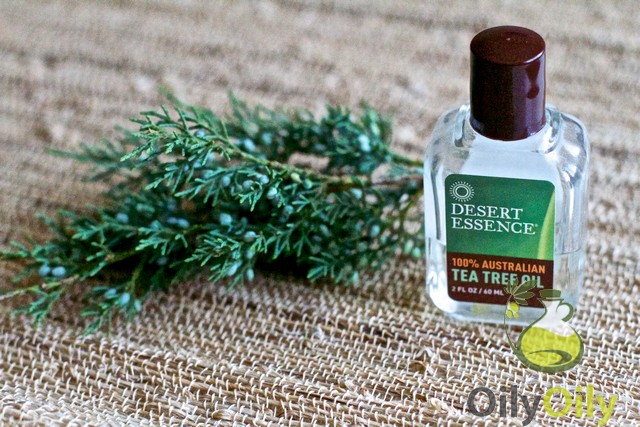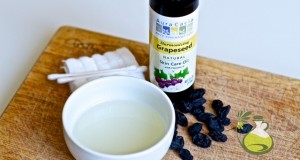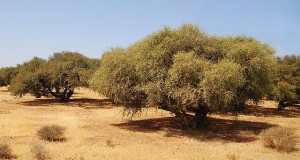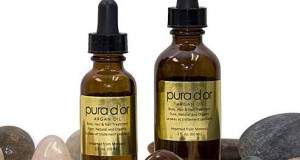
Tea tree oil is derived from the leaves of the Melaleuca alternifolia, a plant commonly called as narrow-leaved tea tree, native to New South Wales, Australia. The use of tea tree oil for hair care, as well as for skin treatment, can fight bacterial and fungal diseases of the scalp. Is tea tree oil good for hair either? Yes. Tea tree oil benefits for hair growth.
Contents
Benefits of tea tree oil for hair
Tea tree oil is a natural antiseptic and possesses antibacterial and antifungal properties according to Wikipedia. It is often added to shampoos as it can help heal scalp infections and irritations.
Eliminating dandruff
Tea tree oil is proven to prevent and treat dandruff. It unblocks the hair follicles and combat microorganisms living on the scalp.
Tea tree oil against hair loss
Tea tree oil stops hair loss. Clogged follicles and bacteria thriving on the scalp often lead to dandruff and hair loss. Tea tree oil unclogs the hair follicles, removes the dead skin, kills bacteria and fungi thus preventing hair loss. You may combine tea tree oil with castor oil for hair loss prevention.
Tea tree oil for hair growth
Tea tree oil moisturizes hair and scalp, prevents skin infections and contributes to healthy hair growth.
SEE ALSO: A Guide How to Use Tea Tree Oil for Scap Psoriasis
How to use tea tree oil for hair
You may apply tea tree oil on hair in different ways. You may make a hair mask mixing tea tree oil with almond oil or another carrier oil in a ratio 1 to 10. There is a wonderful macadamia nut oil hair mask recipe. Just add tea tree oil to it. Many shampoos already include 5-10% of tea tree oil. You may simply mix one part of tea tree oil with 9 parts of regular shampoo to make your own antibacterial and healing shampoo. Or add tea tree oil to homemade argan oil shampoo. You may make a tea tree oil lotion with antibacterial properties to rinse your hair. Use tea tree oil hair care products once a day.
RELATED: All Reasons When You will Need Canola Oil for Hair Care
Additional considerations
Tea tree oil may be ineffective for some types of hair loss, caused by autoimmune conditions, age or heredity. Furthermore, you may require additional stronger treatments if you suffer from severe scalp conditions or dandruff.
When applied to the scalp, tea tree oil can cause an allergic reaction, for example redness, rashes or itching. If you notice any reaction, avoid tea tree oil. Seek medical attention in case of severe side effects.
 Oilypedia.com – Benefits And Uses Of Supplemental and Essential Oils
Oilypedia.com – Benefits And Uses Of Supplemental and Essential Oils 



Pingback: Try Tea Tree Oil for Hair Treatment: a G | OilyPedia.com - All about Supplemental And Essential Oils